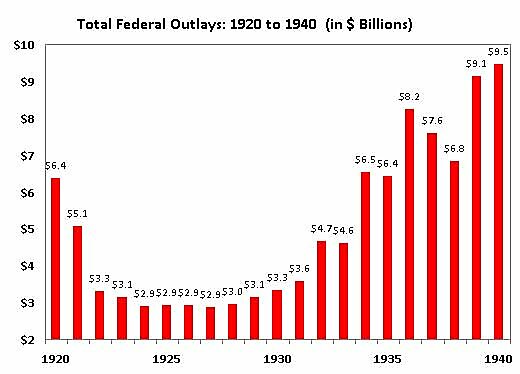In this video, David Boaz makes an excellent case for tamping down our overblown perception of Iran.
In the clip, Boaz argues persuasively that far from being suicidal, the track record of Iranian behavior shows pragmatism and calculating temperament when attempting to advance its interests in the region. Thus, rather than assessing Iran based on their leaders’ repulsive and provocative rhetoric, U.S. officials should deduce future Iranian intentions based on how it has reacted when confronted with overwhelming force. While no one can predict the future, regional experts—not hawkish, misinformed policy analysts or neo-conservative ideologues who advocate regime change—insist that the clerical regime has valued self-preservation and in the future can be deterred.
My colleague, Justin Logan, argues here that U.S. policymakers must press for direct diplomacy with the Iranian leadership and have a plan “B” in case that diplomacy fails. Of course, the problem is that those who endorse a tougher approach toward Iran insist that we have tried diplomacy before. That is not true. Washington typically offers halfhearted gestures and then falsely concludes that diplomacy does not work. Americans must reject the alarmist rhetoric and tortured rationales that have thus far proved counterproductive for arriving at a long-term solution toward Iran.

